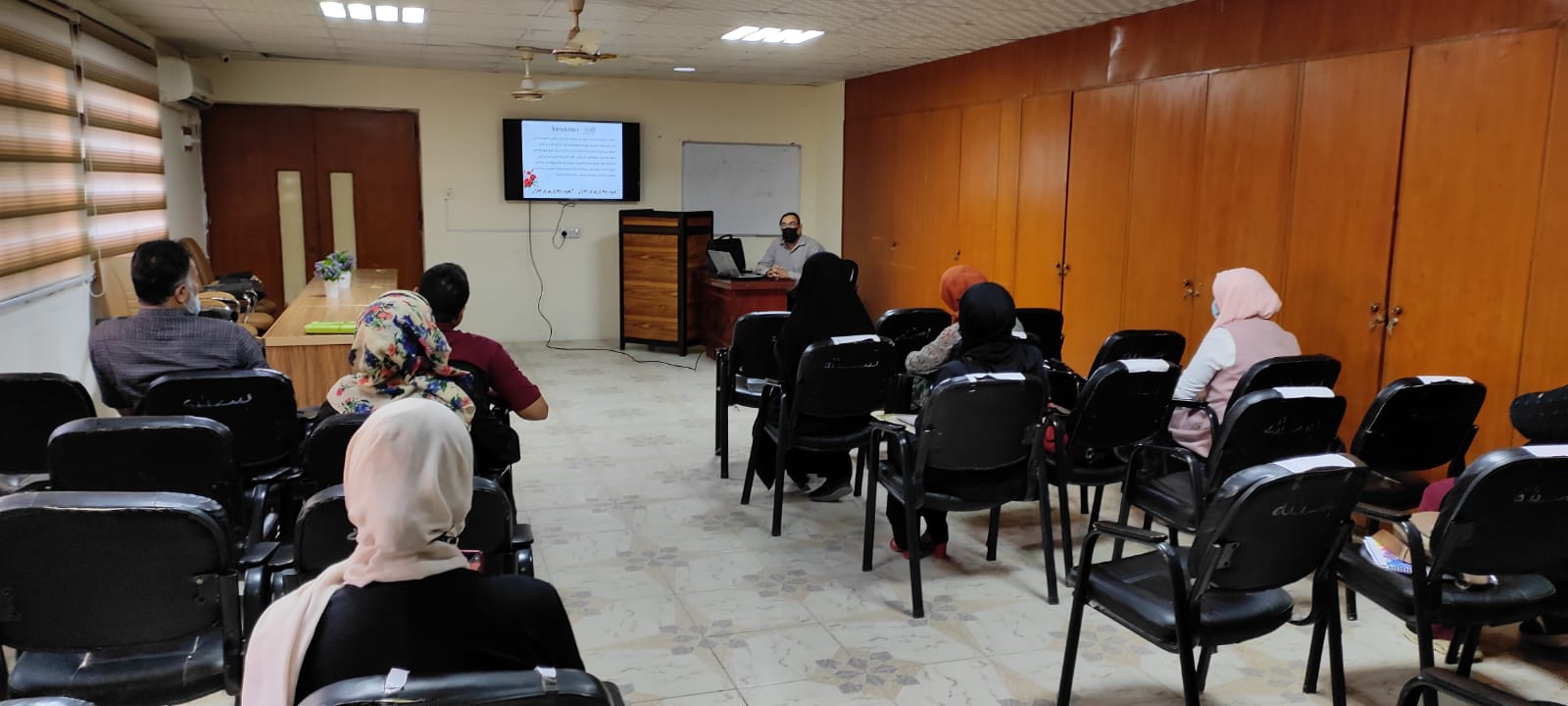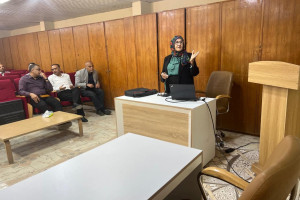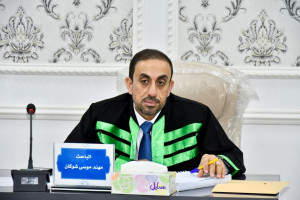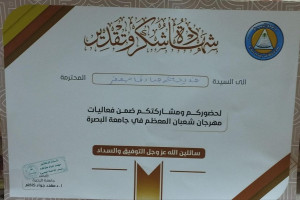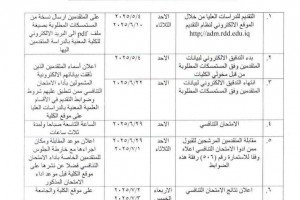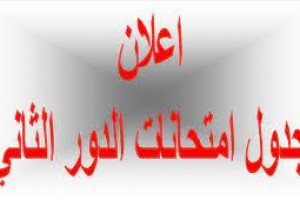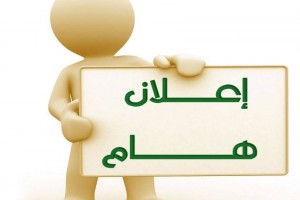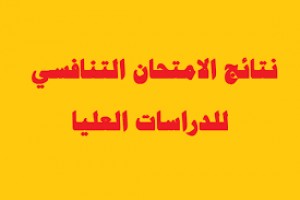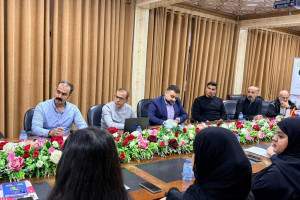
The Department of Horticulture and Landscape Engineering, College of Agriculture, University of Basra, organized a training course on the applications of biotechnologies in the field of date palms. The course aimed to introduce the recipient to the most important achievements of the University of Basra in the field of date palm biotechnologies from an applied aspect. The course that I attended included Prof. Dr. Aqil Hadi Abdul Wahed To shed light on the most important scientific studies and the achievements of the University of Basra in the field of life technologies. Dr.. Aqil Hadi in his lecture on the most important life technologies that Basra University has succeeded in advancing molecular genetics and genetic engineering in the field of date palm. SSR, SCAR, and SNP, and then touched on the use of some of those indicators in the search for the genetic stability of plants resulting from tissue culture, as well as declaring a new and effective method for extracting DNA from dry leaves without using liquid nitrogen.. Then the lecture dealt with the most important methods of sex determination. Using molecular markers of the third generation, by reviewing the research and studies carried out in the Department of Horticulture and Landscaping, University of Basra, and a conclusion. Dr.. Aqil Hadi gave his lecture explaining how the genetic transfer of the salinity gene to the date palm tissue of the Barhi variety and obtaining a genetically modified plant. Dr. Ahmed Zayer Rasan and Dr. Ahmed Youssef accepted the organization and discussed in his lecture the amplification of genetic material using the thermal recycling device PCR and the most important problems and solutions facing the researcher’s work in extracting nuclear material from palms and plants in general, concluding his lecture with recommendations to researchers in taking into account some technical aspects in extracting And purification of genetic material.. The lecture, which was held in the hall of the Department of Horticulture, was attended by discussions and seminars on 3-4 November, the head of the department, a number of members of the scientific committee, the department’s teachers and postgraduate students The course recommended, and what Basra University possesses of researchers, laboratory tools and modern ideas, to seek to familiarize the community with these modern sciences and transfer them to application by conducting applied scientific research and facilitating its conduct with the capabilities and resources that the university possesses to keep pace with modern scientific research.
